Petar II Petrović-Njegoš (1813–1851) was a significant historical figure, primarily known for his roles as a Montenegrin prince-bishop (vladika), poet, and philosopher. His full name and title were Petar II Petrović-Njegoš. Here are some key points about his life and contributions:
Early Life
- Birth: Born on November 13, 1813, in the village of Njeguši, Montenegro.
- Education: He was educated by his uncle, Petar I Petrović-Njegoš, who was also the ruler of Montenegro. He later continued his education in various parts of Europe.
Political and Religious Leadership
- Ascension: After the death of his uncle, Petar I, Petar II became the ruler of Montenegro in 1830 at the age of 17. He combined the roles of secular leader and spiritual head, as Montenegro was a theocracy at the time.
- Reforms: He implemented significant political, social, and economic reforms. These included efforts to centralize authority, reduce tribal conflicts, and improve the legal and educational systems.
- Military Leadership: He was also a military leader, defending Montenegro against Ottoman incursions and striving to consolidate Montenegrin territories.
Literary Contributions
- Poetry and Philosophy: Njegoš is best known for his literary works, which include some of the most important pieces of Serbian literature. His writing is characterized by its philosophical depth, reflection on national identity, and exploration of the human condition.
- Key Works:
- “The Mountain Wreath” (Gorski Vijenac): An epic poem considered his masterpiece, which delves into themes of national liberation, identity, and heroism. It is written in the form of a dramatic play and remains a cornerstone of Montenegrin and Serbian literature.
- “The Ray of the Microcosm” (Luča Mikrokozma): A philosophical poem exploring the nature of existence and the cosmos, drawing on biblical and metaphysical themes.
- “The False Tsar Stephen the Little” (Lažni car Šćepan Mali): A historical drama based on the life of a pretender to the Montenegrin throne in the 18th century.
Legacy
- Cultural Impact: Njegoš’s works have had a lasting impact on the cultural and national identity of Montenegro and Serbia. His poetry and philosophy continue to be studied and revered.
- Monuments: Numerous monuments and institutions in Montenegro are named after him, reflecting his enduring influence on Montenegrin history and culture.
- Death: He died on October 31, 1851, and was buried in a mausoleum on Mount Lovćen, which has become a national symbol.
Petar II Petrović-Njegoš remains a towering figure in the history and culture of the Balkans, celebrated for his leadership, literary genius, and philosophical insights.

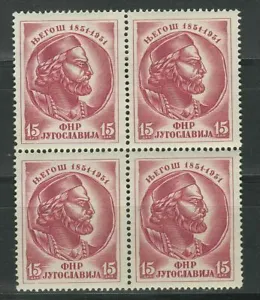
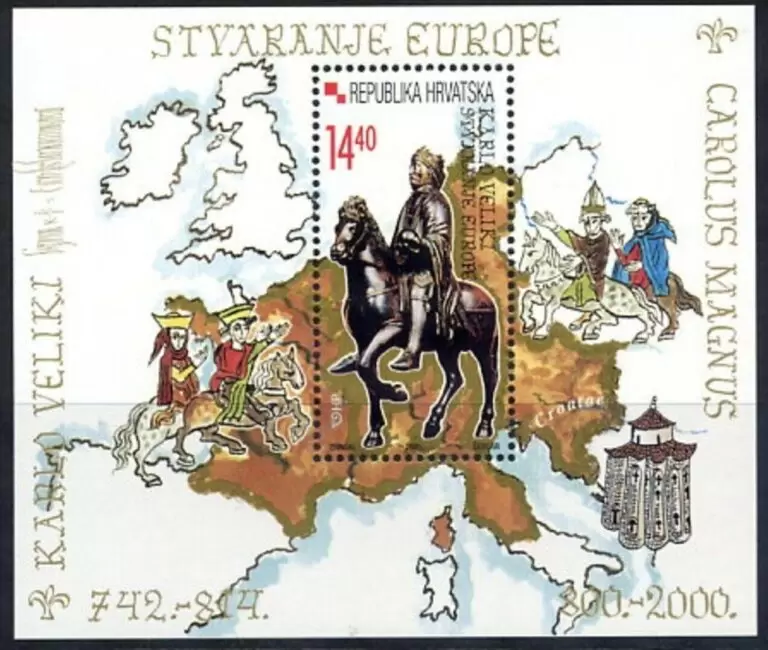
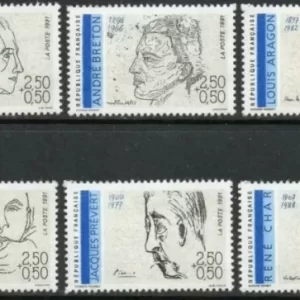
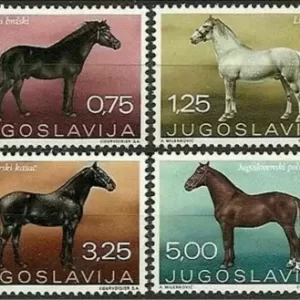
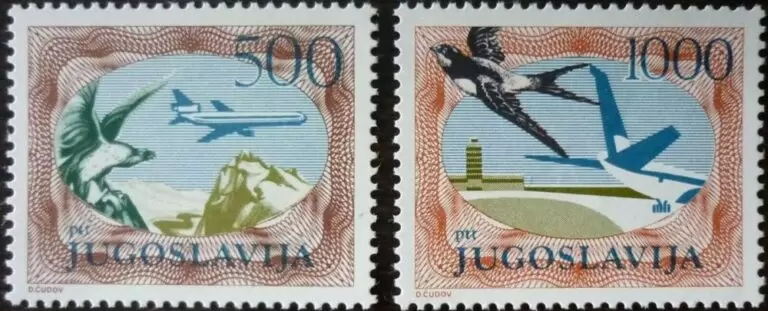

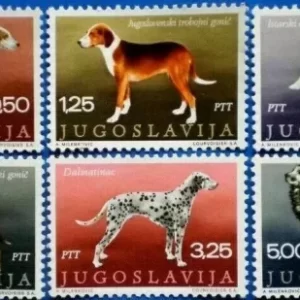
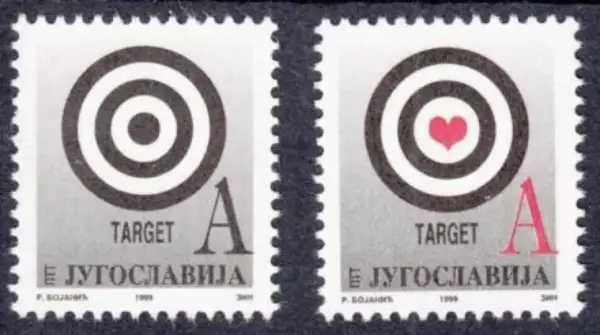
Reviews
There are no reviews yet.